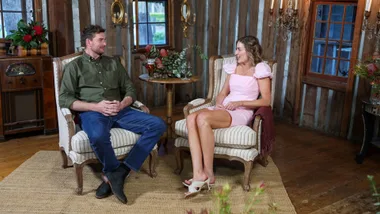Mary Martinez was at a bustling train station in Sydney’s eastern suburbs when she first suspected she had been duped. With a suitcase in hand, Martinez* watched as a sleek black Mercedes rolled towards the kerb. “I bet you’ve never been in a car this nice,” said the driver as Martinez slid her bags across the back seat.
A 19-year-old from Los Angeles, Martinez was no stranger to luxury cars and was used to this type of casual racism resulting from the colour of her skin. She gave a weak smile and settled into the soft leather seat as they drove to what would become Martinez’s new home and her own private hell.
Over the next two years, Martinez would work as an au pair (the job she had signed up for), as well as a cleaner, event planner, photographer, personal chef, photo editor and waitress. She would be paid below minimum wage, care for kids with special needs without any training, have tax deducted from her wages that would never reach the ATO, work long hours with little to no time off and be emotionally and psychologically abused daily.
“When you think of abuse, you always think of a partner or family, but never really an employer,” says Martinez.
“I didn’t know anyone in Australia, so I had no-one to talk to about the situation. I was powerless. My employer had total control over my life as well as my living situation. I was scared and felt too embarrassed to call my parents and say, ‘I want to come home.’ I felt that I needed to stick it out and that it would hopefully get better.”
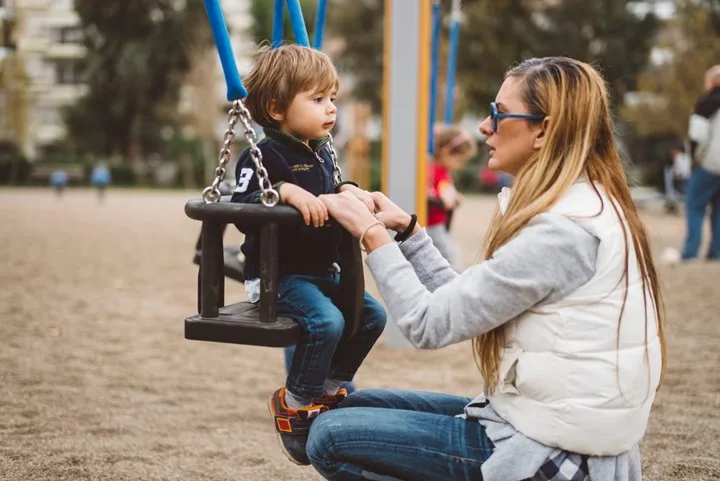
In Australia, there’s no official au pair program, meaning regulation is non-existent. Type “au pairs Australia” into Google and a plethora of sites and Facebook groups promising generous working conditions with many perks pop up. The website Martinez used to find her host family provided no background checks or testimonials from former employees.
Over FaceTime, a woman with her smiling children by her side sold her the perfect job, with flexible hours to travel and explore in exchange for keeping the kids happy and healthy. Had references been available, Martinez would have discovered a dark history of mistreatment and abuse.
A study by University of Technology Sydney and Macquarie University, which surveyed almost 1500 au pairs in Australia, revealed that 60 per cent worked approximately 36 hours a week, and one in 10 reported more than 50 hours. In the open comments of the survey, au pairs also reported being screamed at, forced to work when they were sick, expected to help in the family business, to be on-call 24/7 and endure unwanted sexual advances by the father in the household.
A lack of government regulation leaves thousands of young women – the majority of au pairs are females aged 18-30 – vulnerable to mistreatment due to the work being performed in private homes with no inspections or external check ups.
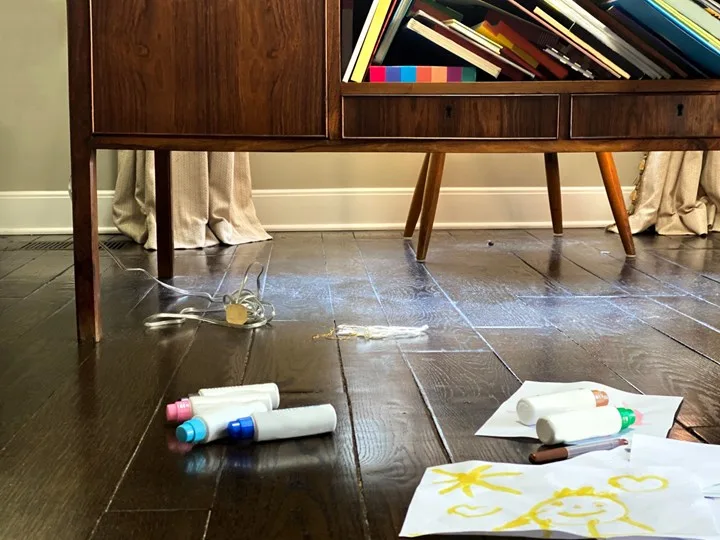
For the Cultural Au Pair Association of Australia (CAPAA), which was established more than a decade ago to help set industry standards and protections in the au pair industry, the issue starts with the recruitment process. “Unfortunately, the majority of families and au pairs meet on Facebook,” says Jackie Rylance, a representative of CAPAA and founder of Dream Nannies.
“For young people seeking to be an au pair in Australia, my biggest advice is to make sure the families are vetted and screened, and that they use a recognised agency who will support the au pair and family throughout the entire process. The biggest issue we see is expectations not being met on both sides. Whether that be families not realising what’s appropriate and what the role of an au pair is, or au pairs not understanding what the meaning and purpose is behind what they’re doing because no-one has explained it to them.”
For Martinez, it was the constant criticism after wading through an endless list of unachievable expectations that finally wore her down to breaking point.
“The mother told me she felt like she was paying her cleaner too much and asked me if I could clean the house,” recalls Martinez. “I said, ‘No, not really; I’m not trained to do that.’
“But she convinced me to do a week trial. She also had a newborn baby who she wanted me to look after. I didn’t want to put the cleaning chemicals near the baby, so while I was scrubbing the grout on the bathroom tiles I put the baby in the lounge in its crib. When she came home she started shouting at me, saying, ‘This is my baby. How dare you influence my child!’ Afterwards she told me she couldn’t pay me for the day and that I needed to go on YouTube and watch a video on how to clean a house.”
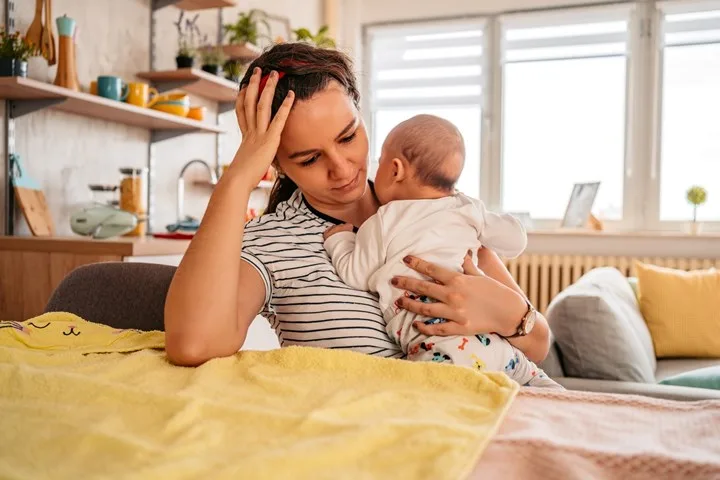
Amid a cost-of-living crisis, where child-care fees are becoming increasingly exorbitant (the average national cost of daycare is about $118 a day), more families are leaning on the au pair industry for support.
“The child-care situation is pretty desperate in this country,” says Rylance. “Au pairs play such an important role in supporting families as a child-care solution because they’re an affordable, flexible and critical resource for women rejoining the workforce. The demand for au pairs has definitely increased in recent years. We call for regulation of the au pair industry [and the introduction of] an official au pair visa that can be used to monitor au pairs being placed in Australia.”
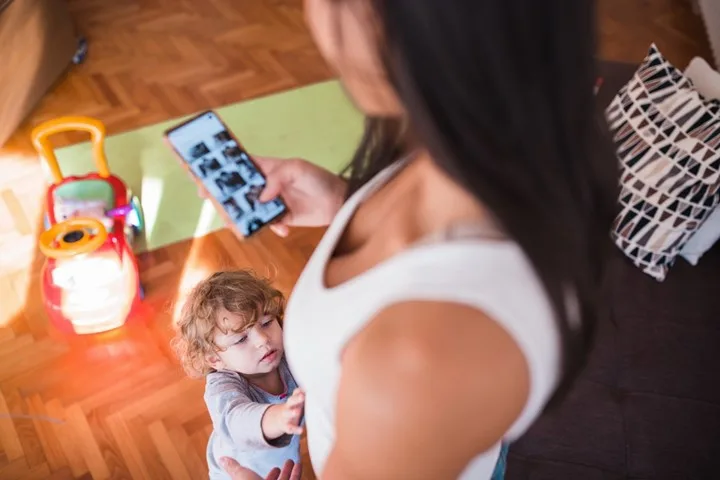
There are about 10,000 au pairs powering Australia’s silent workforce. Yet, with no official visa in place (94 per cent of au pairs come on a working holiday visa), it’s impossible to count the number of foreign workers who have fallen through the cracks.
Due to the lack of a support system for au pairs to report abuse, and widespread anxiety that such reporting would jeopardise their visas, the scale of neglect and mistreatment is unknown.
For Martinez, two years of psychological abuse and fear fed her decision not to report her host family.
“The experience was traumatic. It even affected the way that I interacted with employers afterwards. I would over-analyse their text messages, trying to work out their tone, and I became very sensitive. I really struggled with that for a long time,” recalls Martinez.
“I decided to reach out to the family’s previous au pair. She was from China and didn’t speak very good English. I found out they really mistreated her too: she never had any time off and she said she was constantly yelled at. To know someone went through the same experience as me felt like a weight off my shoulders. I finally felt like it wasn’t me who was the problem.”
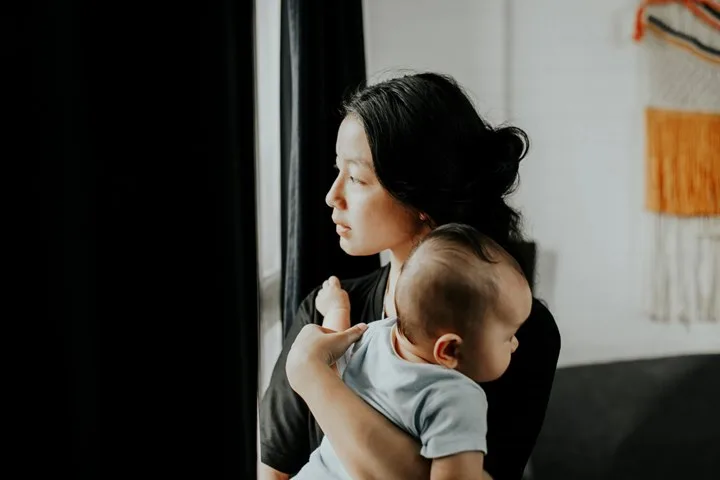
For 26-year-old Hanna Smart*, the psychological damage of her au pair experience also stayed with her long after she left the family she was nannying for in early 2021. She moved to Australia from London on the recommendation of a friend, but the idyllic family portrait that had been painted soon started to erode when the pandemic exposed troubling cracks in the family’s foundations.
“The family I worked for lived in Melbourne and at first everything was great. I really connected with the mother, Marina*. She was so friendly with me,” recalls Smart.
“She would invite me to go out shopping with her sometimes and would ask me to have a glass or two of wine and watch television with her at night after the children were in bed when her husband, Jordan*, worked late.
“I didn’t see that much of Jordan because he was always at work and travelled a lot. But after about two months the pandemic happened and we were all at the house in Melbourne’s lockdown. That’s when I noticed that Jordan was being inappropriate towards me. Looking back now, it had started before that but it became more frequent after lockdown when he was home all the time.
“He used to touch my shoulder, arm or lower back when I walked past and pass it off as a friendly gesture. He commented on my clothes or whenever I was in my bathing suit and it made me feel like I shouldn’t wear certain clothes in front of him because then I felt like I was inviting the comments. The moment I first felt something was very wrong was when he started coming down in the morning in just his underwear while Marina was on her walk. He never did it when she was around.”
Plagued with self-doubt that she was maybe misreading the situation, Smart confided in a friend, who advised her to keep quiet as the pay and perks were good and the husband “hadn’t technically done anything wrong”. However, although Smart kept her head down, it appeared fractures were forming in the couple’s marriage, forcing Smart into the role of mediator.
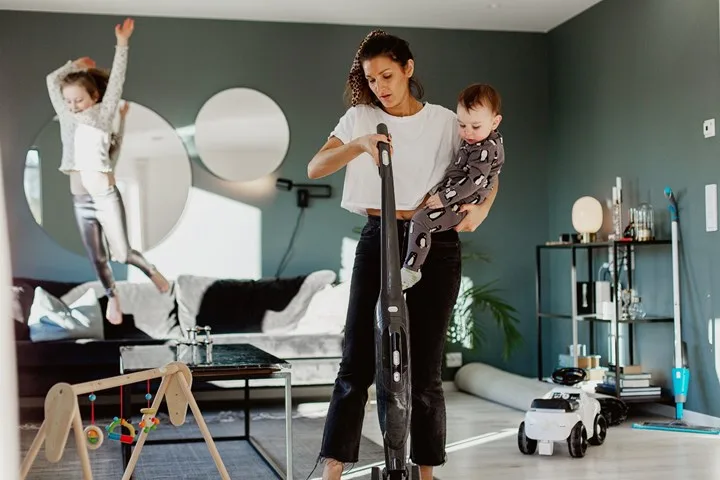
“It was very uncomfortable for me and it also made the children very upset,” she recalls. “I tried to stay upstairs when they were fighting. The worst part was that sometimes Jordan would ask me questions while they were fighting and try to get me to take his side and say Marina was in the wrong.
“I never knew what to say. Marina had always been so nice to me, I didn’t want to be part of their marriage problems. She would then come and talk to me about their issues, like she would talk to a friend. After a while she started dragging me into their fights and say things [to Jordan] like, ‘You’re always nice to the nanny – why can’t you treat me that nice?’”
The situation reached a head when Marina came home from her walk to find her husband naked in the kitchen while Smart was feeding the children breakfast. The next day, Marina told Smart she needed to wear trousers or long dresses and stay out of her husband’s way.
“I felt so trapped and isolated. I was so unhappy and so far from home,” says Smart. “Their fights continued and got worse as time went on and they were both so cold to me.
“I was desperate to leave but didn’t know where to go. Eventually my friend arranged for me to stay with her. When people ask me why I didn’t report him, I explain that I didn’t have anywhere to complain to or any way of finding a new job.”
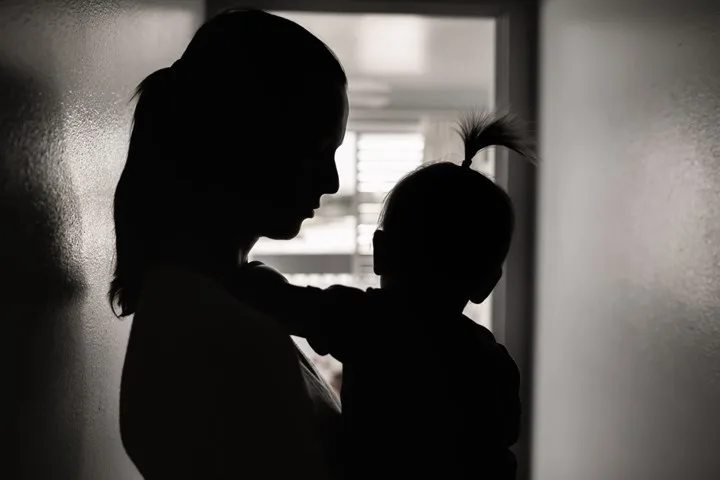
Despite a lack of legal redress for either of the young women, Martinez made a decision that helped her make peace with the past: she shared her story on TikTok. “If you’re thinking about nannying in Australia … don’t!” she says in her simple but powerful clip. Within 24 hours Martinez’s phone was flooded with hundreds of comments, and the video has attracted more than 3.1 million views.
“The au pair industry is exploitation disguised as an opportunity to travel,” read one comment. Another said, “I lived in Sydney and had several friends from all over who were au pairs and every single one had traumatising experiences.”
During her two years in Sydney, Martinez had been stripped of her voice, yet overnight – and with the backing of a silent army – she felt seen and heard once again.
Smart and Martinez’s stories serve as an important reminder to do your research and use a trusted agency before considering au pair work. While their experiences are not isolated, they are the minority.
“My experience was a bad one, but they aren’t always like that,” says Smart. “I still work as a nanny. I moved back to Australia and my new job was set up by an agency.”
This story originally appeared in the November issue of marie claire Australia.
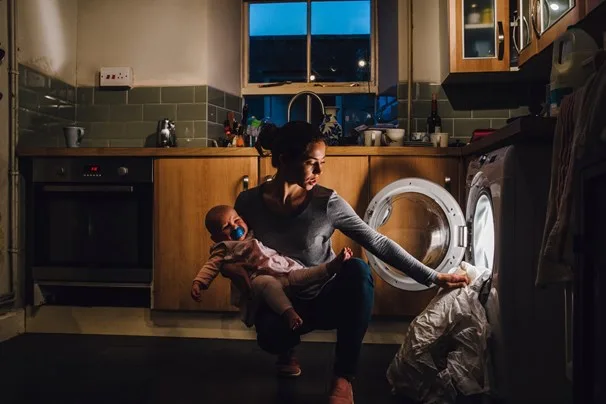 Image: Getty
Image: Getty




